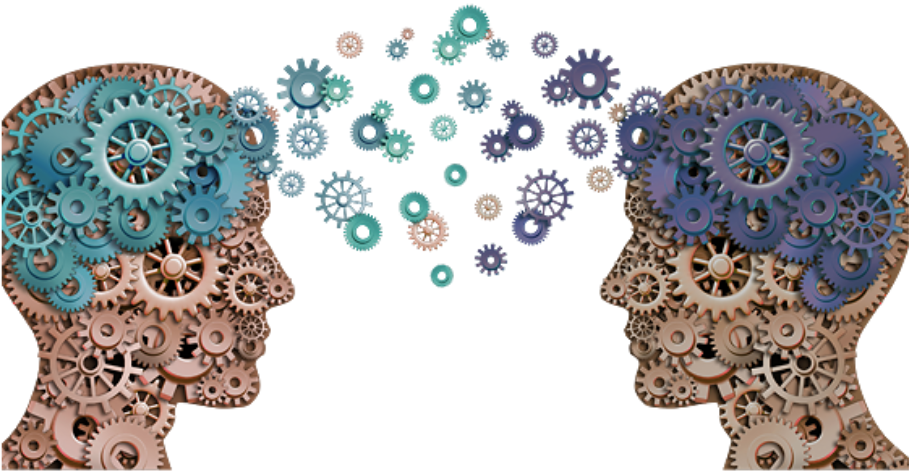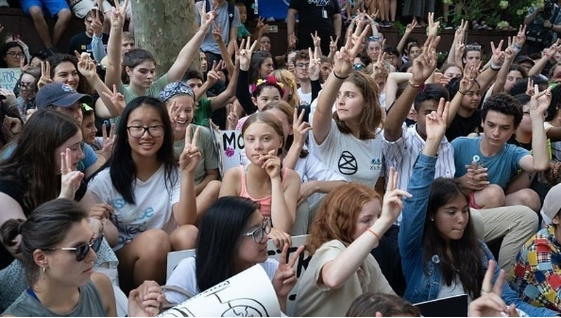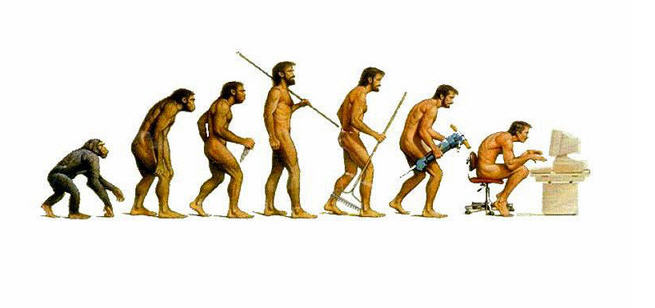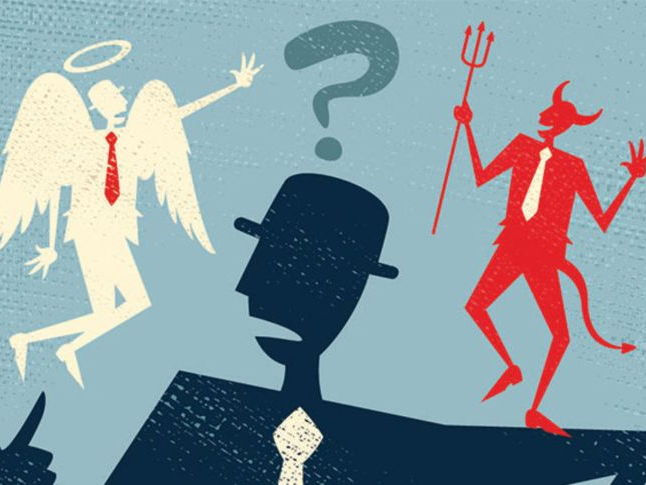How does new knowledge affect established values and beliefs?
- Miguel Barata
- Nov 27, 2022
- 3 min read
Updated: Nov 28, 2022

Since the beginning of our culture, we have communicated and shared ideas with each other. What is there beyond death? What methods can we use to cure illnesses? Where did humans come from? These questions have been discussed multiple times in the past and different people have given multiple answers with different degrees of success. While new knowledge doesn’t necessarily always alter these established, it has done it multiple times and given us human beings new perspectives on topics.
An example of this was when we discovered cells: the basic building blocks of life as we know it. Before the discovery of cells, things like diseases were believed to be mysterious curses or were treated ineffectively through methods such as bloodletting, but after humans acquired the knowledge that cells exist and deciphered how they worked, beliefs were challenged. This new knowledge contributed to things such as the evolution theory, which directly conflicted with the previously held belief, that humans had been created and shaped by god. While there are believers on both sides, it is undeniable that this new knowledge shaped the beliefs of a large number of people and even how our society progressed afterwards. Moreover, information that came from this new knowledge allowed us to invent things like vaccines, which have been incredibly beneficial for us as a race and allowed us to drastically alter how diseases were viewed, turning diseases that were deadly into a much more manageable threat.
Another example of a pre-existing belief being altered is in the field of art. As new knowledge and ideas emerge, what is considered art and what is allowed to be expressed in artistic works change and vary. This can come in multiple forms, such as how people are represented, what ideas are shown and even what art is. The perfect example of how new knowledge altered how art was seen was during the renaissance, where the artistic focus shifted from religious/catholic paintings to paintings focused on individuals, history, other mythologies and day-to-day elements. This shift is said to have been caused due to creation of humanism, the rediscovery of old Greek and Roman writings and technological innovations, proving just how powerful new knowledge and ideas are and their effect on the masses. Moreover, technological advances have also greatly changed how ideas are expressed through art, such as the assistance of machines in the creation of music and new ways to make paintings more appealing and detailed.
New technology has also been shown to have a profound effect on the ideas that were expressed before. For example, the aforementioned discovery of cells was only possible because of technology, a specific example being the microscope. Another example that completely changed the way that a large portion of humanity saw themselves and their planet was the telescope. This invention allowed us to observe outer space and deduce that we were not the centre of the universe, a belief that was strongly held back before that point in history. This knowledge that we were capable of obtaining through technology would then create even more unique ideas within different communities: were there any other species like us? If so, what are they like? This would, once again, affect art as people express their view of possible alien species through their own means, like paintings or literature. Another example of how technology affected ideas and beliefs in modern computers. The knowledge that these machines allow us to obtain has allowed people to become more educated and change preconceived notions that might have been instilled in them by their environment or parents and allow them to make their own minds up about topics in a way that is empowering to them.
In conclusion, knowledge has proven time and time again that it has the power to change perspectives, human values and even beliefs centuries old. Technology usually aids this process by either creating knowledge or allowing people to discover more about their environment or other cultures and generate their own ideas, continuing the cycle of knowledge creation.





Comments